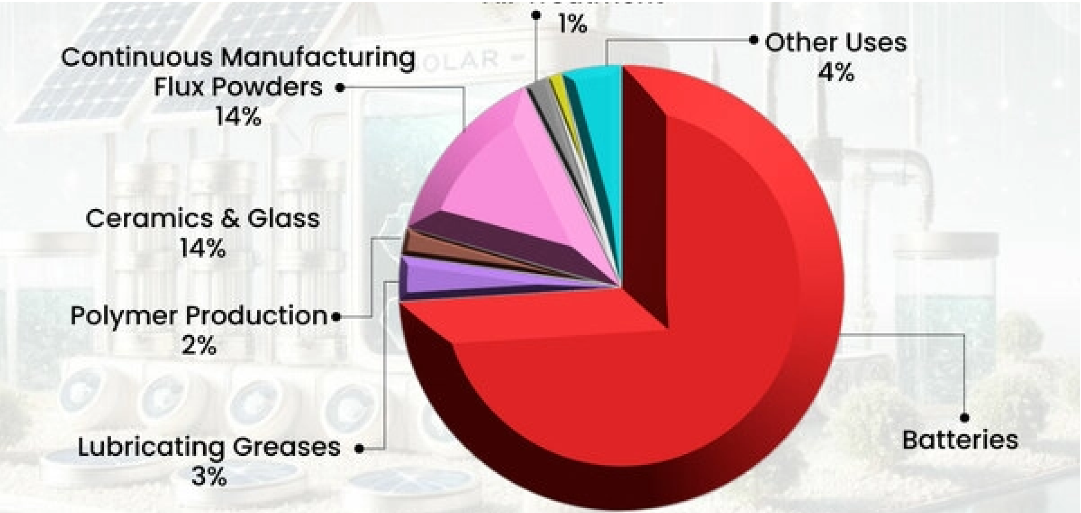Industrial Insulation Companies Focus on Sustainability & Energy Savings
The industrial insulation sector is experiencing a wave of partnerships, investments, and upgrades to boost energy efficiency and lower carbon emissions. According to the European Green Deal, existing structures need to be updated with a similar mindset for new ones to be more climate/environmentally friendly. Major Industrial Insulation companies have taken positive steps towards the directives and goals, with most developments promoting energy efficiency & emission reductions.
Knauf Group recently announced that it would invest 135 million euros in upgrading its glass wool insulation factory in Târnaveni, Romania. This project will support Romania's government's "energy savings offensive" effort by updating the country's residential and commercial infrastructure.
Another German company, BASF, has also taken proactive measures to increase energy efficiency through partnerships and ongoing innovation. Last month the company joined with RAMPF Eco Solutions, Remondis electrorecycling, and KraussMaffei to recycle used polyurethane (PU) fridge insulation and create depolymerization systems for polyol that can replace natural hydrocarbons. The recovered polyol will also be used as a raw ingredient to manufacture other PU-based insulations.
UK-based Recticel has also joined the Science-Based Targets Initiative, demonstrating its dedication to the EU's objective of lowering carbon dioxide emissions and promoting sustainability. The company has established two new goals, the first of which is to achieve net zero Scope 1 and 2 CO2 emissions through its operations by 2030, and the second is to achieve zero Scope 3 CO2 emissions by 2050.
Additionally, recycling has increased significantly over the past several years, particularly in North America and Europe. Just in North America, recycled materials are expected to reach 4.1 billion tonnes in 2021. Recyclers and material producers are likely to invest in and take notice of the trend as its effects grow.

